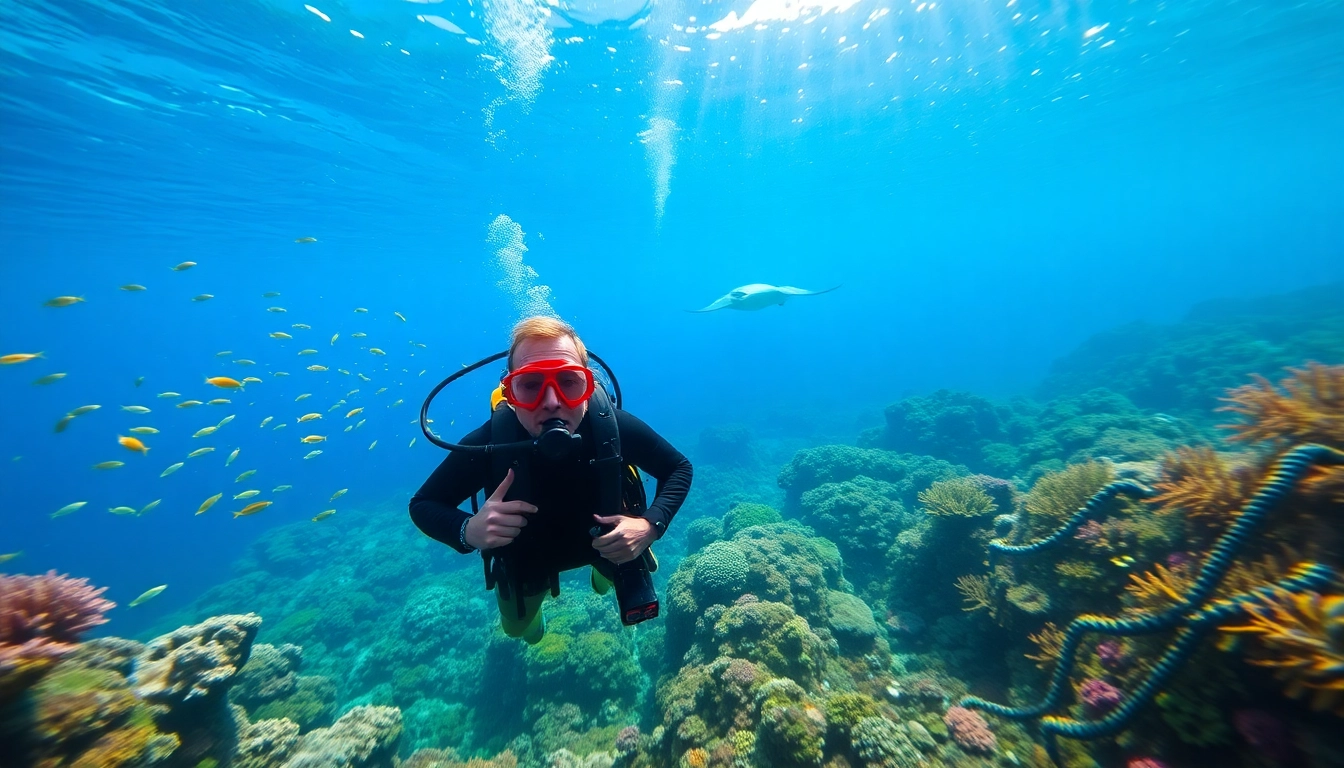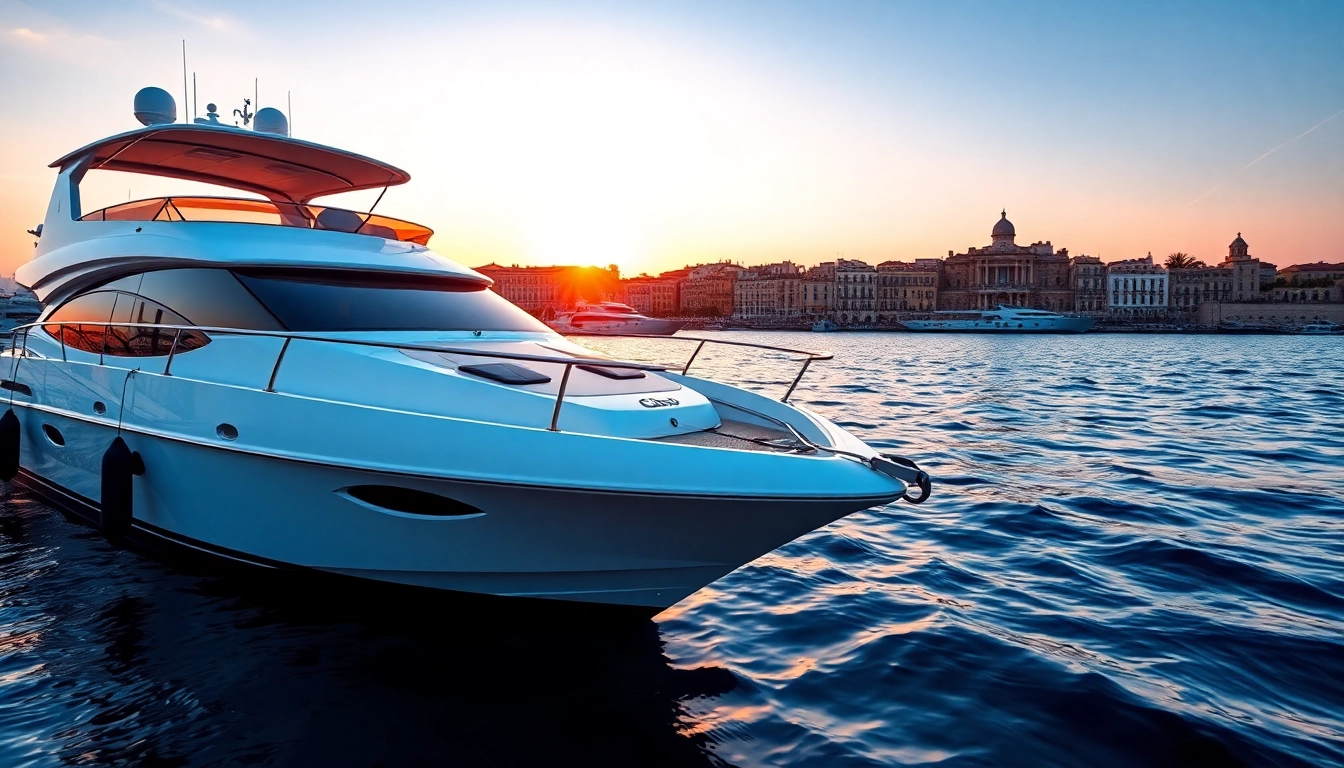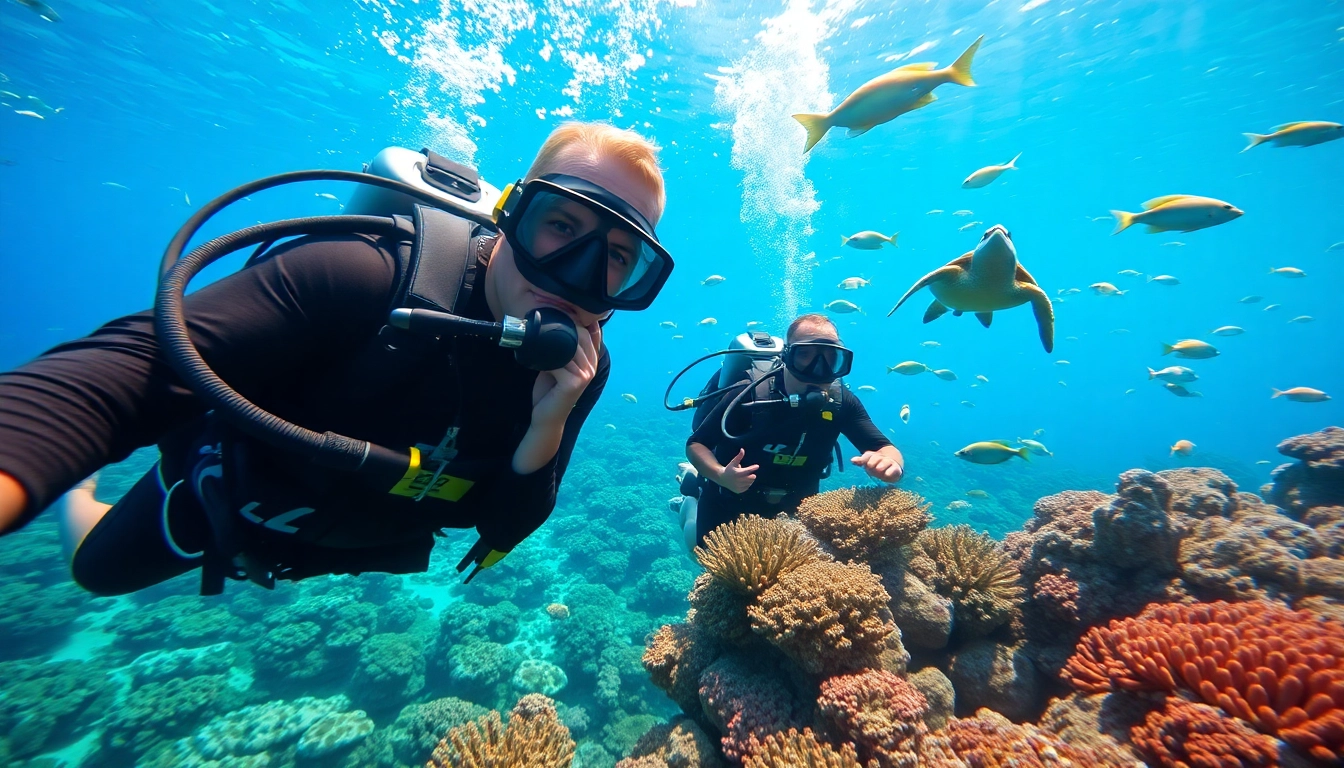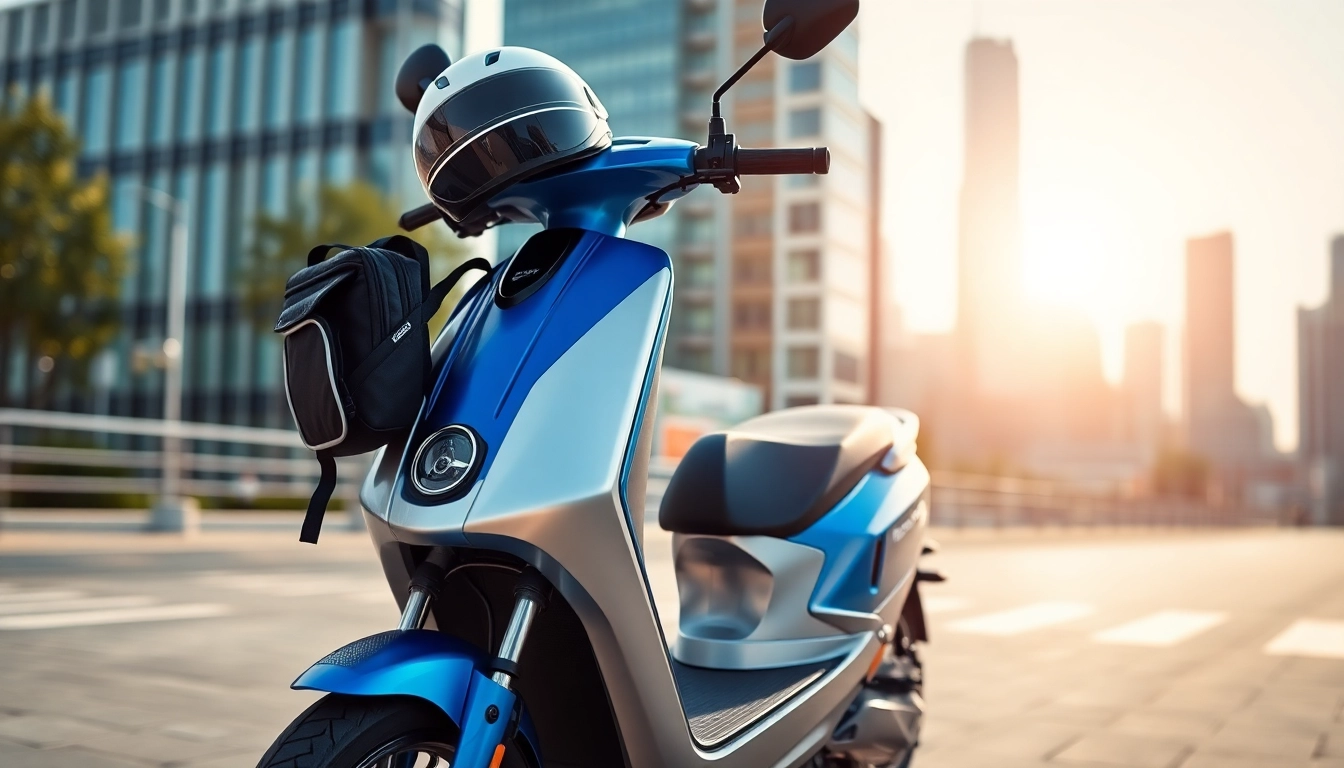An Introduction to Bali Diving
When it comes to diving destinations that seamlessly blend stunning underwater scenery, rich marine biodiversity, and vibrant local culture, Bali stands out as a true gem. Renowned for its warm waters, diverse dive sites, and incredible marine life, Bali offers something for everyone from novices to experienced divers. Whether you’re interested in exploring coral reefs, historic shipwrecks, or encountering majestic manta rays, the possibilities are endless. For those looking to dive deeper into this tropical paradise, Bali Diving promises an unforgettable adventure.
What to Expect
Diving in Bali is not just about the underwater experience; it’s also about immersing yourself in the local culture and lifestyle. Expect to be welcomed by friendly locals, who often share their knowledge about the sea and its ecosystems. The diving conditions are generally favorable, with temperatures typically ranging between 26°C to 30°C (79°F to 86°F), depending on the season. Visibility can vary, usually between 15 to 40 meters (50 to 130 feet), giving divers ample opportunity to explore the rich underwater landscape.
Where to Dive in Bali
Bali boasts an array of dive sites, each uniquely presenting its own set of features and experiences. Some of the most popular diving locations include:
- Tulamben: Known for the USAT Liberty shipwreck, which attracts diverse marine life.
- Nusa Penida: Famous for its blue waters, rich biodiversity, and the chance to encounter Manta rays and Mola Mola (Sunfish).
- Amed: Offers beautiful coral reefs and a relaxed diving vibe, perfect for beginners.
- Padang Bai: A popular destination for both diving and snorkeling with vibrant ecosystems.
Types of Diving Experiences
Whether you’re a beginner or a professional diver, Bali caters to all levels with various types of diving experiences:
- Recreational Diving: Aimed at those wanting to explore the underwater world leisurely.
- Technical Diving: For experienced divers looking to go deeper into more challenging conditions.
- Night Diving: Offers a completely different perspective of marine life as nocturnal species emerge.
- Wreck Diving: Dive the historical shipwrecks like the Liberty wreck, rich in marine biodiversity.
The Best Time for Bali Diving
Seasonal Patterns
The dive season in Bali does exhibit some seasonal patterns dictated largely by the monsoon weather system. The dry season, which runs from April to October, is widely considered the best time for diving, particularly from May to November. Visibility is generally at its peak during this time, and less rain leads to better diving conditions.
Weather Considerations
Although Bali has a tropical climate, the weather can affect dive conditions. During the rainy season (November to March), divers may encounter reduced visibility and strong currents, especially around the Nusa Penida area. However, some dive sites offer decent conditions throughout the year, ensuring that the adventurous spirit of diving can continue.
Marine Life Highlights
One of the most compelling reasons to dive in Bali is the marine life. The warm waters are home to colorful coral reefs teeming with fish such as clownfish, wrasses, and parrotfish. Additionally, more significant species like reef sharks, turtles, and the elusive Mola Mola can be spotted during certain times of the year. The diversity of marine species is further enhanced by unique sites like the Liberty wreck, where an abundance of marine critters flourish.
Essential Gear for Bali Diving
Recommended Equipment
While many dive shops offer rental equipment, having the right gear can enhance your diving experience. Essential equipment includes:
- Wetsuit: To keep warm in the varying temperatures of the ocean.
- Regulator: Ensures a safe and enjoyable breathing experience underwater.
- BCD (Buoyancy Control Device): To help manage buoyancy and stability.
- Dive Computer: For monitoring time, depth, and decompression limits.
Diving Certification Requirements
Before diving in Bali, it’s crucial to be aware of the certification requirements. Most dive shops require divers to have at least an Open Water certification or equivalent. For those without any certification, many dive centers offer introductory programs that provide a shallow dive experience with a dive instructor.
Local Dive Shops and Rentals
Bali’s numerous dive shops provide everything from gear rental to comprehensive diving courses. Opt for dive operators that prioritize safety and sustainability, ensuring that they follow proper marine protection protocols. It is advisable to research and choose well-reviewed shops that provide professional dive guides and well-maintained equipment.
Safety Tips for Bali Diving
Pre-Dive Safety Check
Prior to embarking on your diving adventure, conducting a thorough pre-dive safety check is essential. This includes checking your equipment, ensuring your tank is correctly filled, and verifying communication with your dive buddy.
Understanding Currents
Awareness of underwater currents is vital for safety. Some dive sites in Bali are known for strong currents, especially around Nusa Penida. Always follow the guidance of your dive instructor regarding currents and dive site conditions.
Emergency Protocols
In the event of an emergency, knowing the location of the nearest medical facilities that can handle diving-related accidents is crucial. Always dive within your limits and communicate openly with your dive instructor in case of any concerns.
Planning Your Bali Diving Trip
Choosing Accommodation
When planning your trip, consider staying at accommodations close to dive sites. Areas like Tulamben, Amed, or Nusa Penida offer a variety of options, from budget hostels to luxurious resorts. Staying close to your diving location can enhance convenience and allow for more flexibility in scheduling dives.
Transportation Options
Getting around Bali can be done via several modes of transport. Motorbike rentals are a popular choice for those who wish to explore the island at their own pace. Alternatively, taxis and private drivers are widely available, providing a comfortable means of transport to and from dive sites without the hassle of navigation.
Budgeting Your Diving Adventure
Budgeting for your Bali diving trip involves more than just dive shop costs. Consider expenses such as accommodation, gear rental (if not bringing your own), local transportation, meals, and any additional activities. Many divers find that setting a daily budget helps manage expenses effectively, allowing for a more enjoyable experience without financial stress.














Leave a Reply